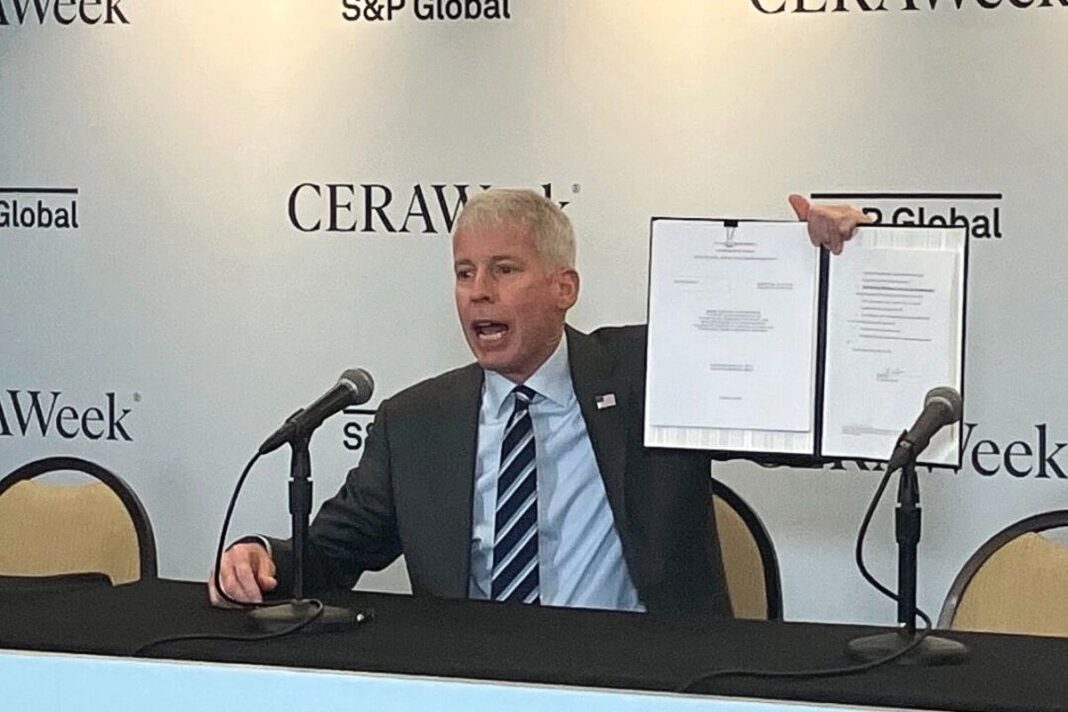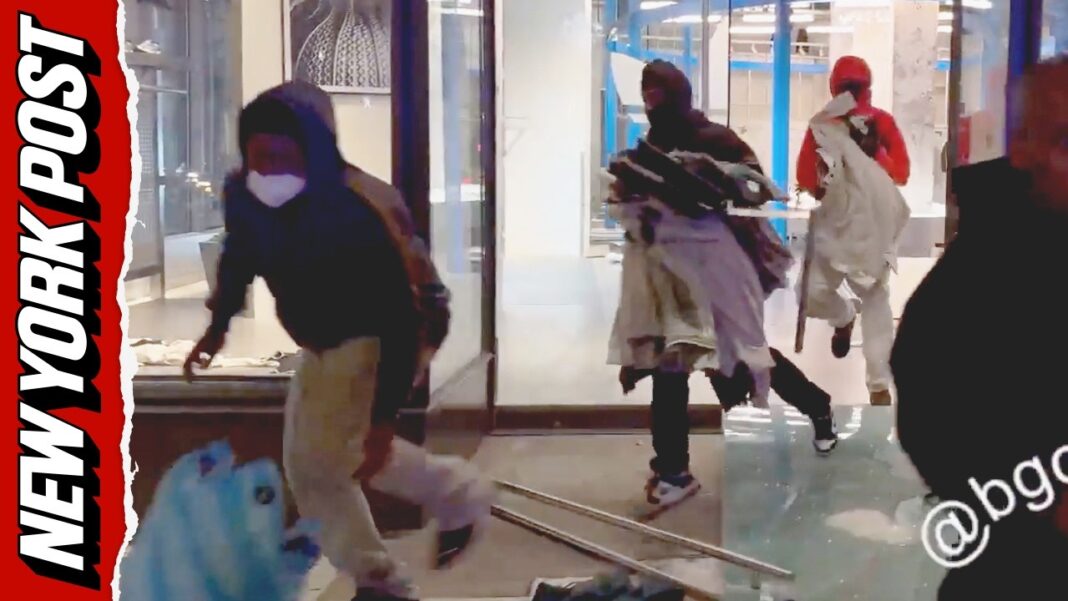The California governor is seeking an emergency court order to halt troop involvement in Los Angeles.
A federal judge has denied California Gov. Gavin Newsom’s request for an emergency restraining order aimed at stopping President Donald Trump and the Department of Defense from federalizing the California National Guard and deploying U.S. Marines to Los Angeles, following violent clashes between immigration officers and protesters.
Newsom’s request for the temporary restraining order, filed on June 10 in federal court in California, argues that Trump’s June 7 memorandum invoking 10 U.S.C. § 12406—a provision that lets the president call the National Guard in cases of “rebellion” and situations where regular forces are unable to enforce U.S. laws—is unlawful.
The complaint cites a lack of a qualifying rebellion, improper bypass of the governor, and likely violations of the Posse Comitatus Act, which bars the use of active duty armed forces and federalized National Guard for civilian law enforcement.
“There is no invasion or rebellion in Los Angeles,” Newsom’s filing reads. “There is civil unrest that is no different from episodes that regularly occur in communities throughout the country, and that is capable of being contained by state and local authorities working together. And nothing is stopping the President from enforcing the laws through use of ordinary, civilian mechanisms available to federal officers.”
The court filing accuses the Trump administration of overstepping its legal authority by deploying troops without the consent of the state, which Newsom’s legal team argues is explicitly required by the statute. The filing also claims that the deployments undermine California’s sovereignty, deprive it of vital resources, and escalate civil unrest.
The filing sought a temporary restraining order to be imposed by 1 p.m. on June 10 that would bar federal troops from participating in immigration enforcement actions, patrolling city streets, or performing any law enforcement activities beyond protecting federal buildings and personnel.
Attorneys for the Trump administration pushed back on the expedited schedule, requesting that the judge grant them a minimum of 24 hours to file a response.
In a scheduling order issued later on June 10, U.S. District Judge Charles Breyer agreed with the Trump administration’s request for more time to file a response to Newsom’s request before ruling on it, giving it until 11 a.m. on June 11 to do so. At the same time, Breyer granted Newsom until 9 a.m. on June 12 to respond to the Trump administration’s response, and he set a hearing on the temporary restraining order request for later that day.
By Tom Ozimek







